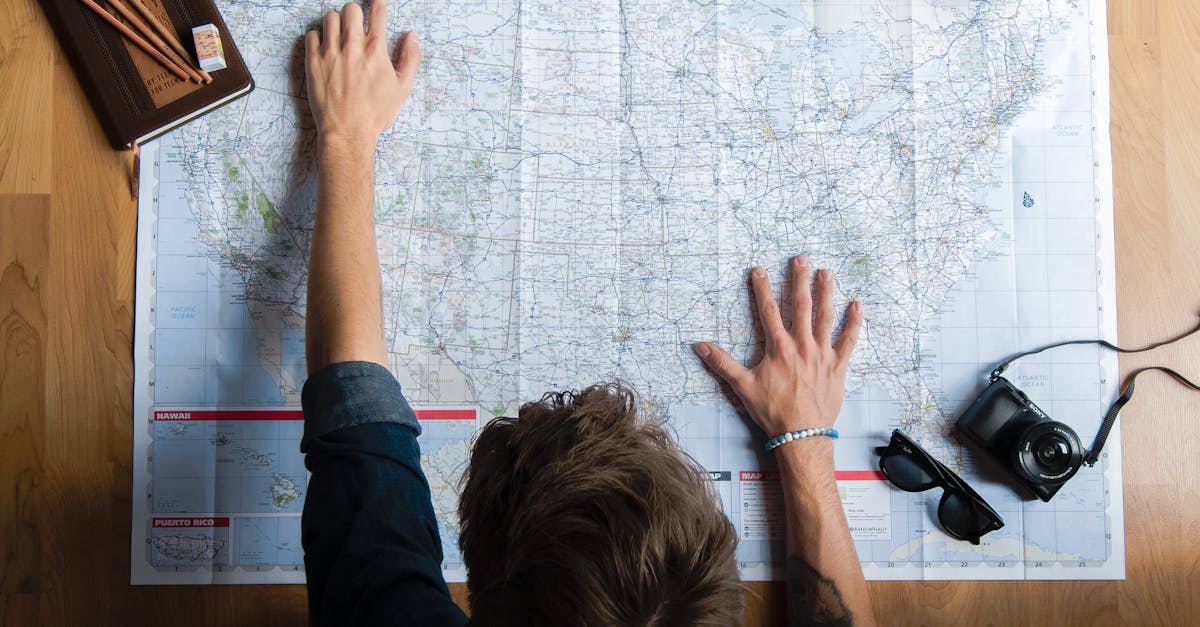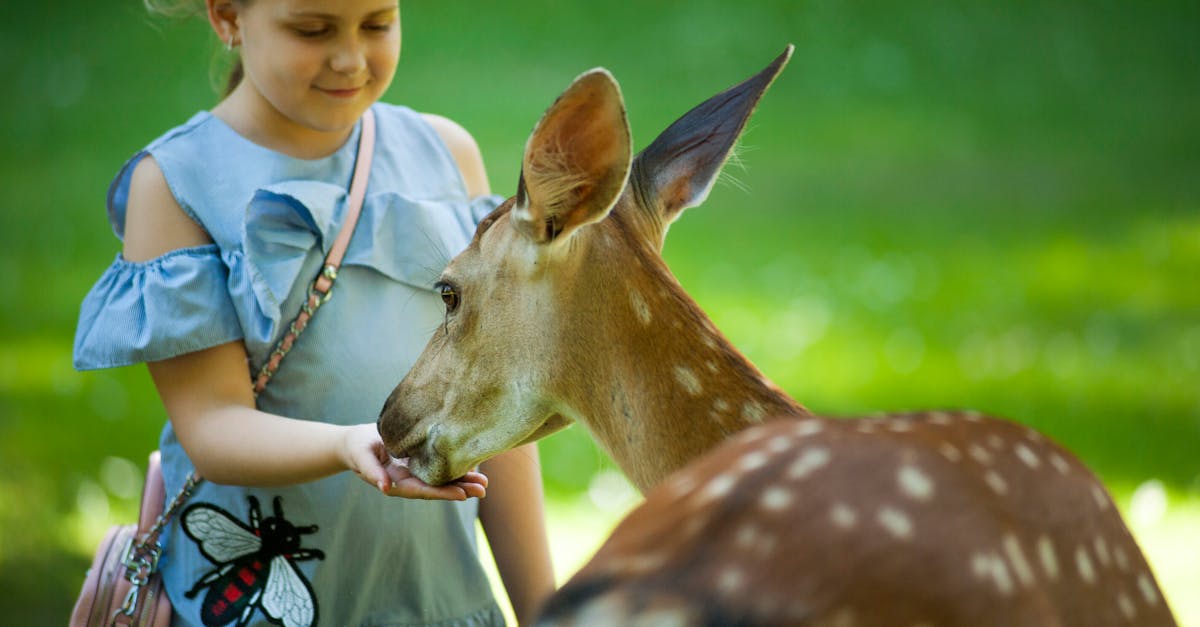Preparation is Key: Research Before You Go
Planning ahead is the first step to respecting wildlife while camping. Research the area you’ll be visiting to understand the types of wildlife you may encounter. Familiarize yourself with the local rules and regulations regarding animal interaction. This helps you plan accordingly, ensuring a safe and respectful experience for both your family and the animals. It’s like nature’s version of studying for a test, but a lot more fun! Remember, a well-prepared camper is a responsible camper.

pexels.com
Pack Responsibly: What to Bring and What to Leave
When packing for your camping trip, consider what items are necessary and what might harm wildlife. Avoid bringing foods that can attract animals or cause them harm if ingested. Store food in secure containers and never leave it unattended. Also, pack biodegradable products and eco-friendly gear to minimize your environmental impact.
A funny anecdote: We once had a raccoon enjoy our s’mores ingredients because we didn’t store them properly. Lesson learned!

Observe Wildlife from a Distance
Enjoying wildlife while camping is amazing, but it’s vital to maintain a safe distance. Use binoculars for a closer look instead of approaching animals. This not only ensures your safety but also keeps the animals stress-free and natural.
Imagine you’re in your living room and someone barges in to take selfies—that’s how animals feel when we invade their space. Keeping a respectful distance shows we value their habitat as much as we enjoy it.

Leave No Trace: Clean Up and Conserve
Leave No Trace: One of the core principles of camping responsibly is leaving your campsite as you found it. This includes proper disposal of waste and leaving natural objects like rocks and plants where you found them. Bring trash bags and use designated disposal areas. If we all do our part, we ensure that the beautiful landscapes and their animal inhabitants remain pristine for future visitors. Plus, it’s a great way to teach kids about environmental stewardship and responsibility.

Teach Kids Respect: Fun and Educational Activities
Engage your children with activities that highlight the importance of respecting wildlife. Fun, educational activities can make the learning experience exciting and memorable.
- Try a scavenger hunt for animal tracks.
- Create a nature journal to observe and record their findings.
- Share stories about animals in the area to spark curiosity and compassion.
- Encourage questions and provide answers to help them understand why we respect wildlife.
By engaging in these activities, you can create memories that foster a lifelong appreciation for nature.

